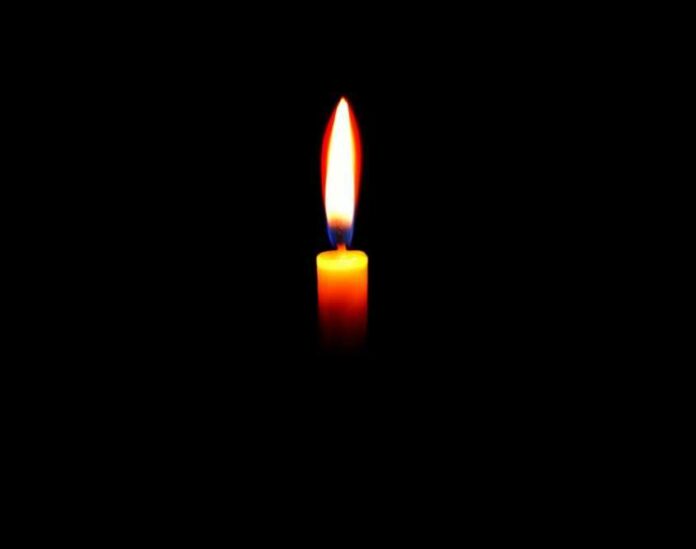Minister of Electricity, Dr Kgosientsho Ramokgopa, has attributed the reduced stages of loadshedding to Eskom’s improved generation over the past week.
The minister said demand is also lower than what was projected in Eskom’s winter plan.
Addressing a virtual media briefing on the implementation of the Energy Action Plan (EAP), Ramokgopa said government is making significant, yet marginal, progress in relation to the improvement of the plan, which intends to better the performance of Eskom’s power stations in order to ensure energy security.
“The 2nd of June was momentous in our journey to ensure that we address the issue of loadshedding in the country. We reached a 60% energy availability factor (EAF). The last time we reached a 60% EAF was on 2 September 2022,” Ramokgopa said on Friday.
“When we started in May, the improvement in relation to the EAF was about 7 percentage points. On average, a 1 percentage point increase represents 477 megawatts [MW].
“If you have a 7 percentage points increase, you are breaching the 3 000MW of additional generation, so essentially we are talking about three stages of loadshedding.”
He said there has been a reduction in unplanned losses to less than 16 000MW, from over 18 000MW. In addition, planned maintenance has been reduced to about 2 500MW.
“Generation available from wind power has increased due to weather conditions in the coastal regions. Peak demand is averaging less than 29 000MW, compared to 30 000MW projected in the first week of June.
“If we can keep up energy savings from demand-side measures, we can sustain this trend and reduce the severity of loadshedding.”
There are teams that are trying to help optimise the open-cycle gas turbines (OCGTs). The objective is to increase the load factor of OCGTs to over 20%, reducing loadshedding by approximately two stages.
“There is work that has been done by the National Energy Regulator of South Africa and this has to do with the programme that we are doing at Sere, Lethabo and Komati, as there are a number of solar PV projects taking place there.
“Eskom is to proceed with crucial programmes, including 194.5MW of solar PV at Komati, Lethabo and Sere, and 150MW of battery storage at Komati.
“The remaining determinations [including for the loadshedding reduction programme and the cross-border purchase programme] are expected by the end of July 2023,” he said.
He emphasized that there is work under way aimed at reducing the levels of loadshedding.
“We want to sustain this performance and key to this performance are the Eskom units, so that they become reliable.”
On Friday, Eskom announced that stage-three loadshedding will be implemented from 4pm until midnight. Thereafter, stage-one loadshedding will be implemented from 5am until 4pm on Saturday, followed by stage four until midnight.
This pattern will be repeated on Sunday. Eskom will publish another update should any significant changes occur.
Ramokgopa noted that the lifting of the licensing threshold for embedded generation projects from 1MW to 100MW in August 2021, and the subsequent removal of the licensing threshold as a key intervention of the EAP in December 2022, has resulted in a massive surge of private investment in electricity generation, which continues to outstrip expectation.
“A survey of project developers conducted by Eskom, together with the South African Wind Energy Association and the South African Photovoltaic Industry Association, shows that 66GW [gigawatts] of wind and solar projects are in development across the country.
“This demonstrates a robust pipeline of private sector investment in new generation capacity. Strengthening the transmission network will be key to enabling this investment.”
In an effort to accelerate energy projects, the embedded generation task team is supporting over 100 projects to clear regulatory hurdles and enter construction as quickly as possible. – SAnews.gov.za
Follow @SundayWorldZA on Twitter and @sundayworldza on Instagram, or like our Facebook Page, Sunday World, by clicking here for the latest breaking news in South Africa.



